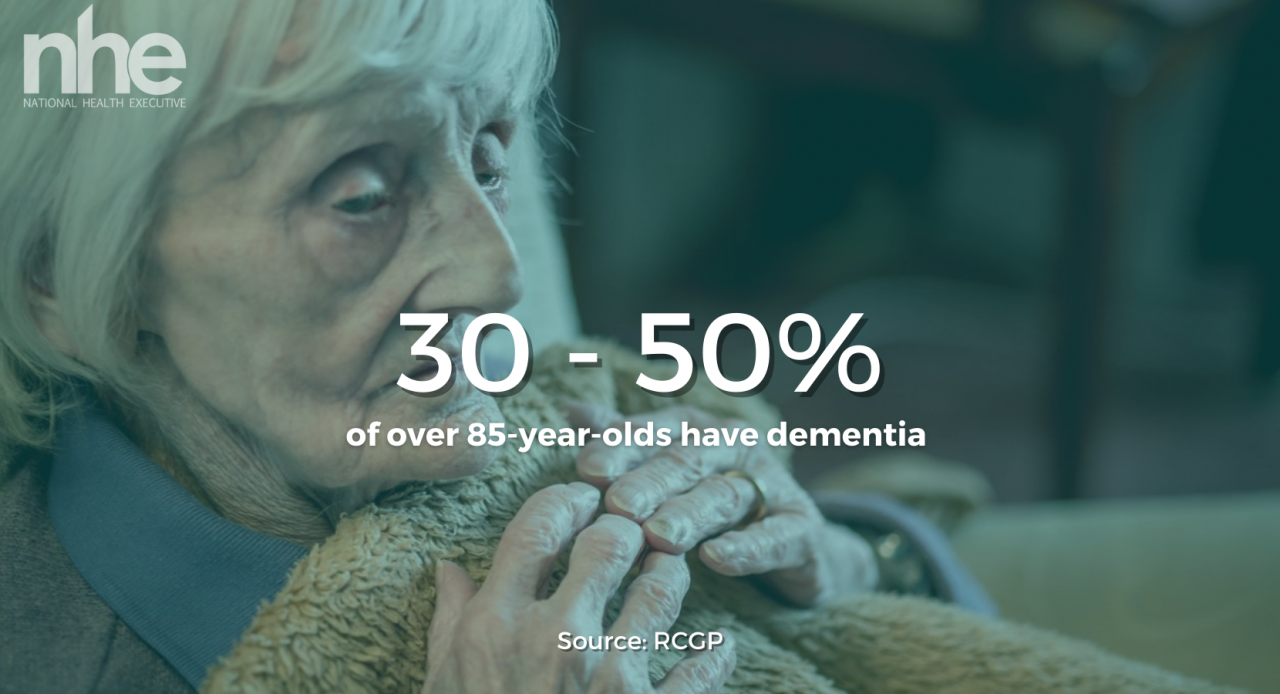A new study led by the University of Exeter has shown that dementia patients who see the same doctor each time have less health complications and subsequently, less hospital visits.
The study analysed 9,000 patient records of people who have been diagnosed with dementia. It showed that those who were seen regularly by the same GP were generally in better health, with less medicines being prescribed that could cause issues like incontinence and falls.
Statistics gathered from the research showed that those seeing the same GP over a period of time were 35 percent less likely to develop delirium, 58 percent less likely to experience incontinence and nearly ten percent less likely to have to attend A&E.
Lead author Dr João Delgado, University of Exeter, said: “The number of people with dementia has been rising steadily and it is now one of the leading causes of death in the UK. In the absence of a cure, long-term care is particularly important. Treating people with dementia can be complex because it often occurs together with other common diseases.
“Our research shows that seeing the same general practitioner consistently over time is associated with improved safe prescribing and improved health outcomes. This could have important healthcare impacts, including reduced treatment costs and care needs.”
According to the study, dementia affects two to three percent of 65-year-olds and 30 to 50 percent of people aged over 85-years-old.

Dr Richard Oakley, Associate Director of Research at Alzheimer’s Society said: “For the 900,000 people living with dementia in the UK, it’s likely dementia isn’t the only condition they’re getting treatment for.
“It’s clear from this study that consistently seeing the same GP has real benefits for people living with dementia – better management and treatment of conditions, and lower risk of complications like delirium and incontinence, leading to improved quality of life.
“The pandemic has put GP services under immense pressure, so while we might not be able to get consistent GP care for everyone with dementia tomorrow, policymakers should absolutely be working with the NHS to build this into their plans as we emerge from the pandemic.”



















